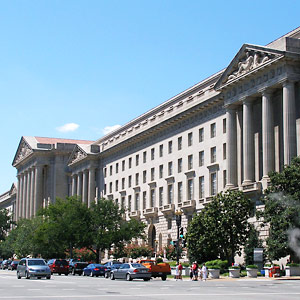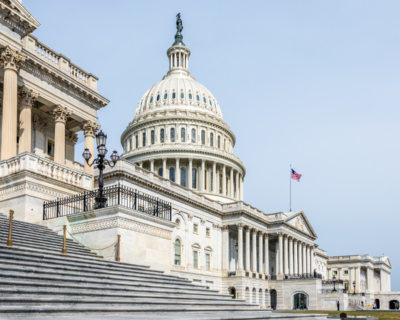
Pelican Institute Opposes EPA Clean Power Plan
Louisiana business leaders, free-market advocates and state legislators reject legally flawed and costly plan
This week the Pelican Institute for Public Policy submitted public comments to the Environmental Protection Agency opposing EPA’s Clean Power Plan, which would increase electricity prices and raise reliability concerns in Louisiana.
Co-signing these comments were Americans for Prosperity – Louisiana, Keep Louisiana Working, Louisiana Association of Business and Industry, Senators Conrad Appel and A.G. Crowe, and Representatives Simone Champagne, Joseph Lopinto, Jay Morris and Julie Stokes.
For nearly a century, Louisiana has exercised exclusive jurisdiction over the state’s retail electricity markets. And with the passage of the Federal Power Act in 1935, the Congress codified Louisiana’s—and all States’—prerogative to oversee their retail electricity markets, unencumbered by federal intrusion. EPA’s Clean Power Plan, by its very terms, would erase this “bright line” in jurisdiction between federal and state governments. Indeed, if finalized in its current form, the rule would effectuate an unprecedented expansion of federal authority into Louisiana’s rightful affairs, such that state officials could regulate the provision of electricity only with EPA’s approval. As aptly explained by current Federal Energy Regulatory Commission Commissioner Tony Clark, “[States] will have entered a comprehensive ‘mother may I?’ relationship with the EPA that has never before existed.”
In addition to usurping the state’s rightful authority, the rule adds insult to injury by imposing unreasonable costs on Louisiana. Residential rates in the State are projected to increase by 13 percent to 18 percent, while industrial rates are projected to increase by 29 percent. The rule also poses a distinct threat to electric reliability. EPA modeling for the Carbon Pollution Rule projects that the regulation would cause 6,243 megawatts of fossil fuel electricity generating capacity in Louisiana to retire. It is uncertain if Louisiana, and neighboring States similarly impacted, can afford to lose this much capacity. Earlier this year, sitting FERC Commissioner Philip Moeller warned of the possibility of “widespread rotating blackouts” affecting the Midcontinent Independent Service Operator that provides transmission service to most of the State. Similarly, the 8-State Southwest Power Pool, whose grid includes western Louisiana, recently submitted comments to EPA asserting that the Clean Power Plan “introduce[es] the very real possibility of rolling blackouts or cascading outages that will have significant impacts on human health, public safety and economic activity within the region.”




